**SEO-Optimized Introduction:**
**Headline:** **Unveiling the Secrets: How to Handle Pitbull Chewing Behavior**
**Meta Description:**
Excessive chewing can be a destructive and frustrating issue for Pitbull owners. In this comprehensive guide, we delve into the causes of Pitbull chewing behavior and provide effective strategies to curb it, including providing appropriate chew toys, managing boredom, addressing anxiety, and seeking professional help when necessary.
**Body:**
Pitbulls, known for their playful and energetic nature, can sometimes exhibit excessive chewing behavior. Understanding the underlying causes of this behavior is crucial for finding effective solutions. This article explores the various reasons why Pitbulls chew, from boredom to teething and anxiety. Furthermore, it highlights the breeds and ages most prone to chewing and provides practical tips to differentiate between destructive and appropriate chewing.
1. Understanding Pitbull Chewing Behavior
Causes of Excess Chewing
Pitbulls, known for their strong and muscular jaws, exhibit chewing behavior for various reasons:
Boredom: Pitbulls are highly intelligent and active dogs. When under-stimulated, they may resort to chewing as a means of entertainment.
Teething: Puppies and older dogs may experience teething discomfort, leading to increased chewing. This behavior is typically temporary and improves with proper care.
Anxiety: Stress, fear, and separation anxiety can trigger excessive chewing in Pitbulls. Identifying and addressing the underlying cause is crucial.
Identifying Destructive and Inappropriate Chewing
Not all chewing behavior is destructive. It’s essential to distinguish between appropriate chewing on toys and inappropriate chewing of furniture, shoes, and other items. Here are some signs of destructive chewing:
* Targeting items that are not chew toys (e.g., furniture, walls)
* Chewing with excessive force or duration
* Ingesting chewed materials, posing potential health risks
Breeds and Ages Most Prone to Chewing
Certain breeds and age groups of Pitbulls are more likely to exhibit chewing behavior:
Breeds: American Pitbull Terriers and Staffordshire Bull Terriers are known for their strong chewing drives.
Ages: Puppies and young adult Pitbulls (up to 2-3 years old) are more prone to chewing due to teething and high energy levels.
The #1 Free Source for Pitbull & Bully Pedigrees!

Effective Strategies for Curbing Chewing Behavior
Excess chewing in Pitbulls can be a frustrating issue for pet owners. Fortunately, there are various effective strategies to curb this behavior, promoting a harmonious and damage-free home environment.
Providing Appropriate Chew Toys and Activities
One of the most crucial strategies is providing suitable chew toys and activities that meet the dog’s chewing needs.
- Dura-chew Toys: Durable toys made from hard rubber or nylon can withstand extended chewing and prevent damage to furniture or personal belongings.
- Interactive Toys: Toys that engage the dog’s mental and physical abilities, such as puzzle feeders, interactive food dispensers, and treat-stuffable toys, help alleviate boredom and reduce chewing.
- Safe Chews: Natural chews, such as rawhide, bully sticks, and antlers, provide a satisfying chew experience while promoting dental health. However, it’s essential to supervise dogs with these chews and choose sizes appropriate to prevent choking hazards.
- Daily Exercise: Ensure your Pitbull receives adequate daily exercise through walks, runs, or play sessions. Exercise helps release pent-up energy and reduce restlessness, which can trigger chewing behavior.
- Mental Stimulation: Engage your dog in mentally stimulating activities such as training sessions, interactive puzzle games, and hide-and-seek. These activities challenge their minds and prevent boredom.
- Positive Reinforcement Training: Reward your Pitbull for good behavior instead of punishing them for chewing. Use treats, praise, and affection to encourage positive chewing habits.
- Socialization: Exposing your Pitbull to different environments, people, and animals can help build their confidence and reduce anxiety-related chewing.
- Positive Reinforcement: Reward your Pitbull for appropriate chewing behavior. When they chew on designated toys or engage in acceptable activities, treat them with praise, petting, or small treats.
- Deterrents: For inappropriate chewing, use deterrents such as bitter apple spray or white vinegar applied to surfaces or objects you want to protect. The unpleasant taste can discourage chewing.
Managing Boredom through Exercise and Mental Stimulation
Boredom is a common cause of excessive chewing in Pitbulls. Regular exercise and mental stimulation can effectively address this issue.
Addressing Anxiety through Training and Socialization
Anxiety can also contribute to excessive chewing in Pitbulls. Addressing anxiety through training and socialization can help improve their emotional well-being and reduce destructive chewing.
Using Positive Reinforcement and Deterrents
Positive reinforcement and deterrents can be effective tools in curbing chewing behavior.
Consulting Professional Help if Necessary
If you consistently struggle to manage your Pitbull’s chewing behavior despite implementing these strategies, seeking professional help from a veterinarian or certified dog trainer is recommended.
They can assess underlying medical or behavioral issues, provide personalized guidance, and implement a comprehensive training plan to address chewing behavior effectively.
In conclusion, understanding the underlying causes of your Pitbull’s chewing behavior is crucial in addressing this issue effectively. Providing appropriate chew toys, addressing boredom, managing anxiety, and using positive reinforcement techniques are essential strategies. Additionally, employing deterrents such as bitter spray can help discourage inappropriate chewing. If these measures prove ineffective, don’t hesitate to seek professional assistance from a veterinarian or certified animal trainer. By following these comprehensive guidelines, you can successfully curb your Pitbull’s chewing behavior, promoting a harmonious relationship and a healthier, more well-adjusted companion.








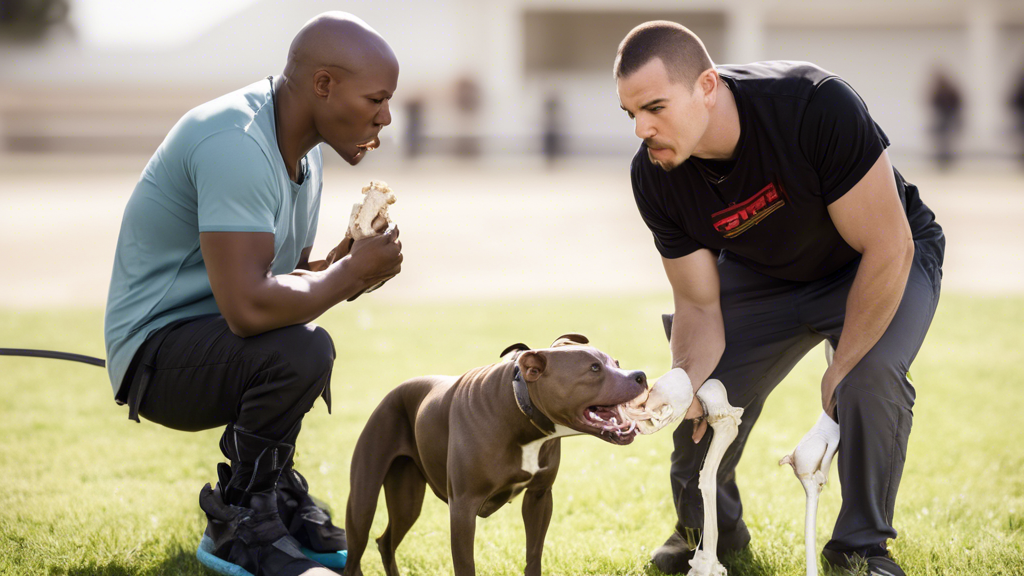
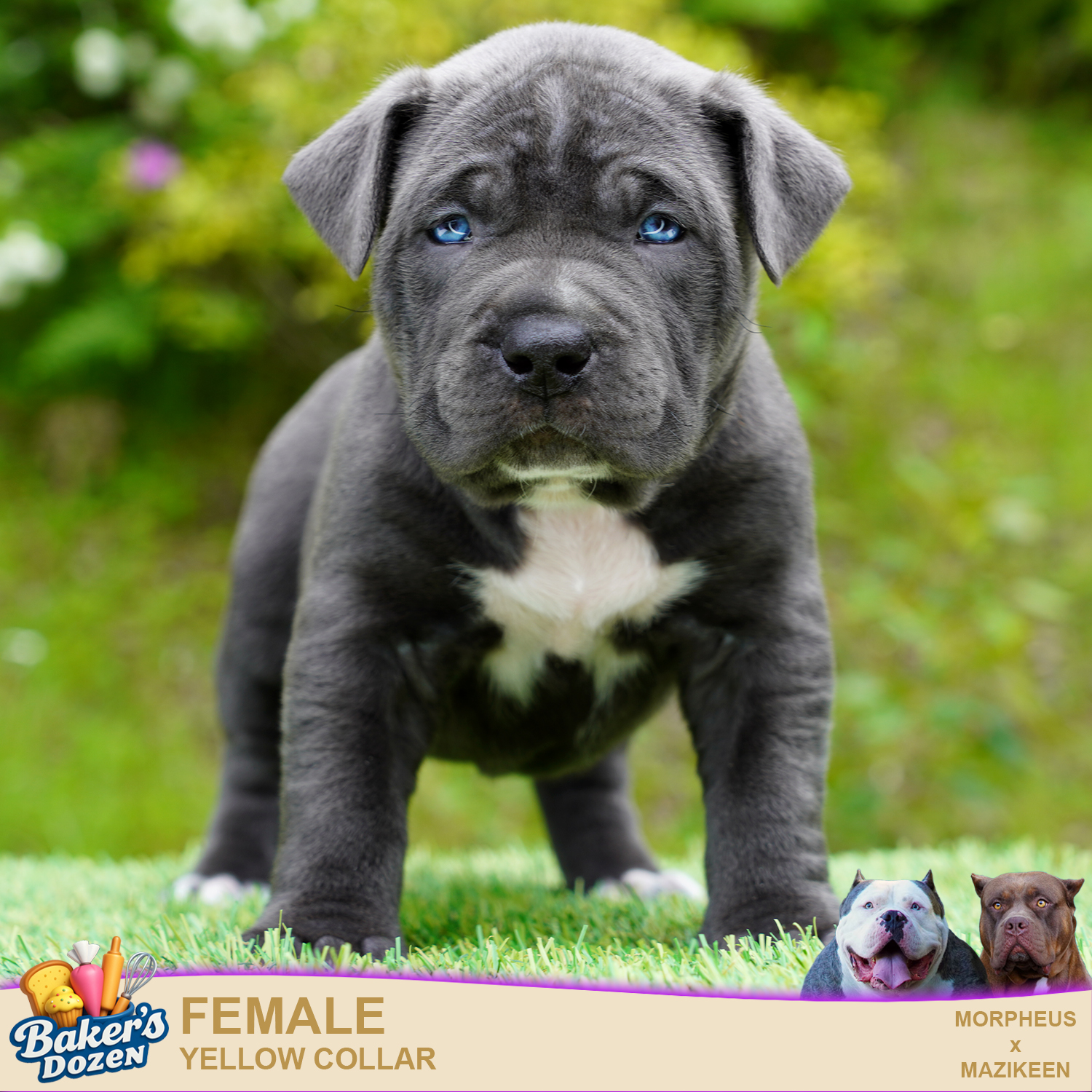

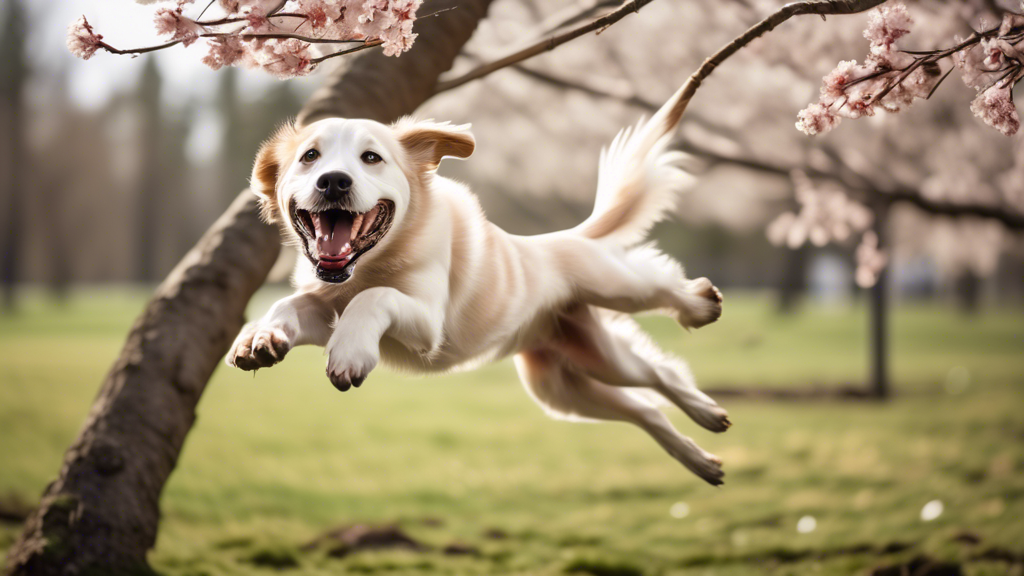
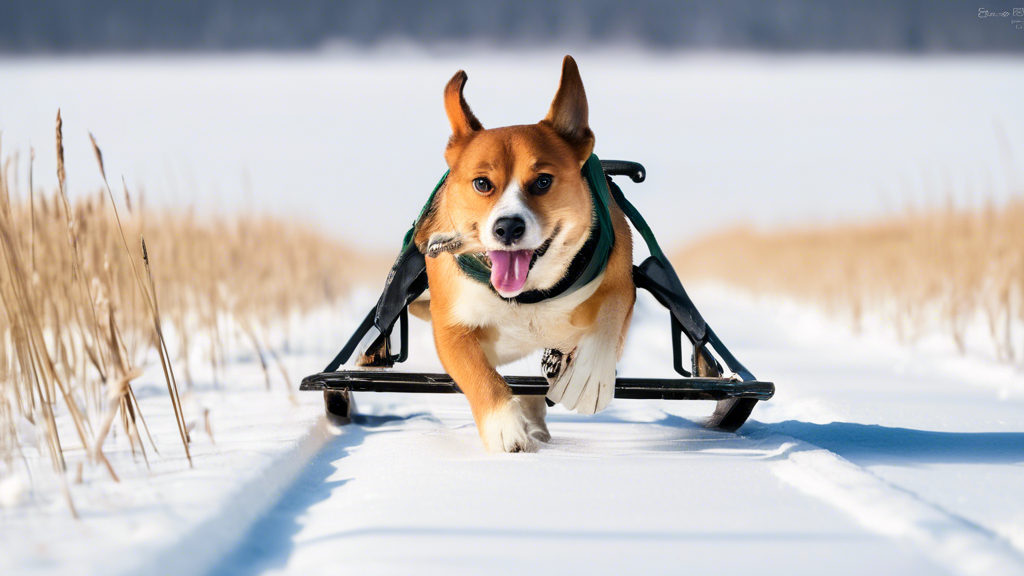
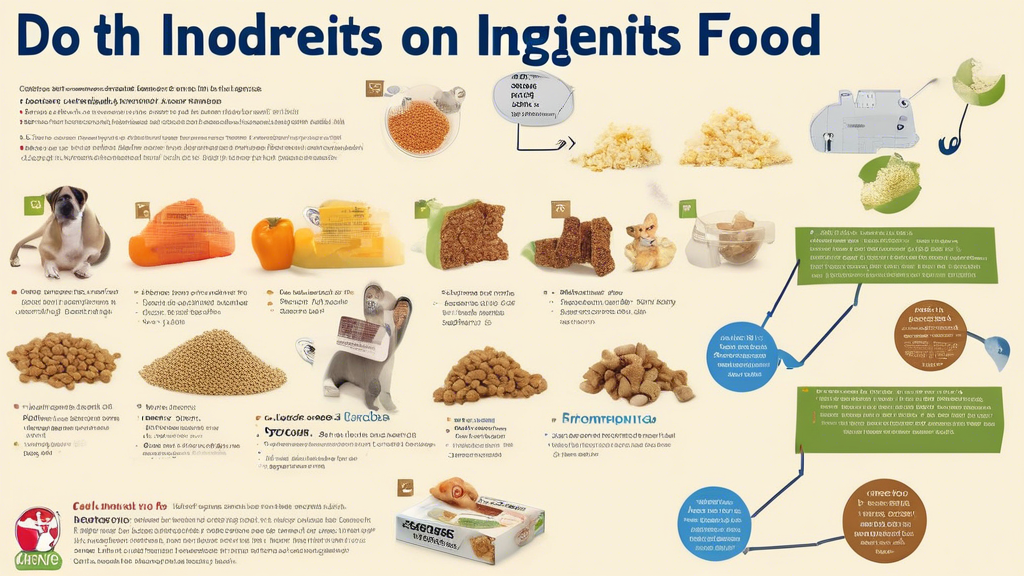
Leave A Comment